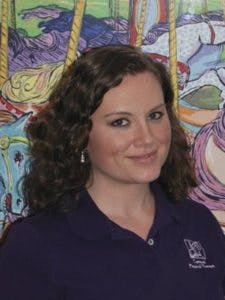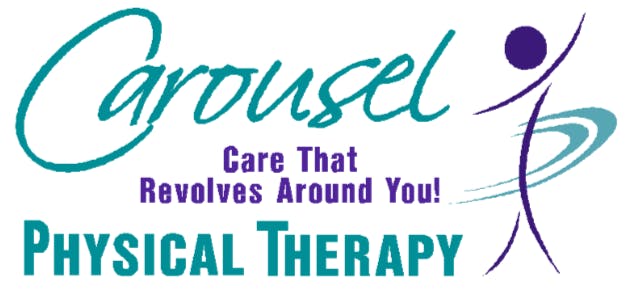
by: Crystal Bondurant-Salisbury, LPTA
You can arrive at PT for the first time for a number of reasons, whether it be an injury, a surgery, general issues like balance training, or even more severe, chronic issues like fibromyalgia or Parkinson’s Disease (PD), and for most people going to physical therapy for the first time, there are a lot of questions. You will want to know what to expect from your therapist and what they expect from you. No matter the reason that brought you into our clinic, there are a few things that can help you make the most out of the time you spend with us.
When arriving on the first day there are a few things that we will need from you including your prescription from your doctor. It is important to make sure that if your doctor is not sending it directly to us that you arrive with it and any pertinent insurance and identification you may need for your paperwork. Like most medical offices there will be some paperwork for you to fill out, so it is important to be on time to do so. Our office staff will be happy to help walk you through it and will be providing you a welcome letter and copies of our policies for you to keep and review. So being prepared on your first day is very important.
On your first day, you will meet with your evaluating therapist. The two of you will spend time first talking about what brought you to therapy and then going through an evaluation process to determine what you will specifically need. Being a good historian is important during this process. You can do this by writing a list of your previous medical history and making a list of any symptoms or problems you’ve experienced recently. It is good to be prepared for your first day by understanding why your doctor sent you and bringing anything with you provided by your physician. If you have had surgery there might include a protocol or instructions from the surgeon. This will allow your therapist to choose appropriate tests and to help identify any areas that require special attention.
Prepare yourself by getting S.M.A.R.T.

Setting goals is an important part of physical therapy. Your therapy team will help you set goals that are both measurable and functional. For example, if there is a balance component to your sessions your measurable goal may be to stand on one leg for greater than 30 seconds, but a functional goal will be to walk through a wooded area without tripping over small obstacles. Take time to express goals to the evaluating therapist that are important to you personally. Goal setting is a great way to keep your mind focused on what you need to accomplish and to provide you with the best outcomes possible.
Can you Commit?

The most effective way to achieve the goals you established with your team is to commit to your appointments and do your homework. Each appointment should be seen as a stepping stone towards your goal completion and independence. No matter why you are coming, your referring physician will expect your attendance as well in order to achieve the goals that they too have set for you. Your skilled program will be carried out by a skilled therapist guiding you through educational and physical components that will require continuing alterations in your care depending upon your personal progress. These personalized programs are developed in conjunction with your participation as a key component, so doing the homework is as important as each one-on-one session.
Time is Money!

Keeping in mind all these components to getting the most out of your therapy sessions, it is most important to communicate openly with your team. Ask questions to improve your understanding of your diagnosis or surgery. Your therapy team will be happy to answer them for you. Is your homework too hard or too easy? Let your therapist know. Communication will help your team continue to develop a personalized program that will fit with your home needs. Having difficulty sticking to a routine? Your therapist along with other clinical staff can help you problem-solve scheduling difficulties and provide options to increase your adherence to your home program. Open communication will help you be the biggest part of your care team.
Return on Your Investment (ROI).

Our number one goal is your independence and successful goal completion. We will help you work towards your discharge, or as we like to call it “graduation day.” As a team, we will reach your goals and form a plan to help you maintain the progress you have achieved during your time with us. Each patient leaves our care with a personalized program and education that will help them to be successful, as well as with the understanding that your therapy team will always be here for you.

